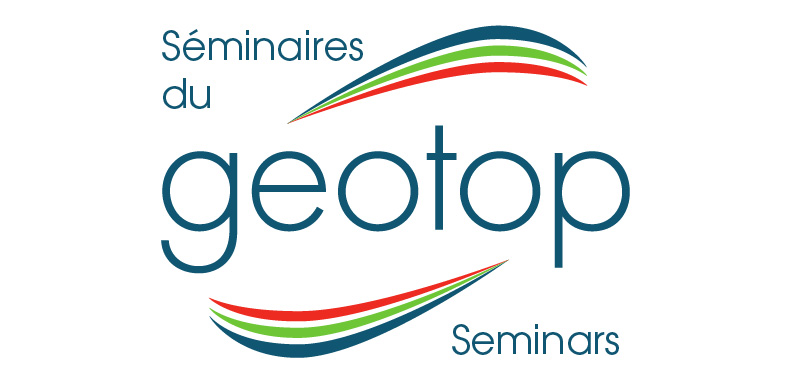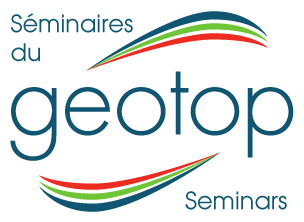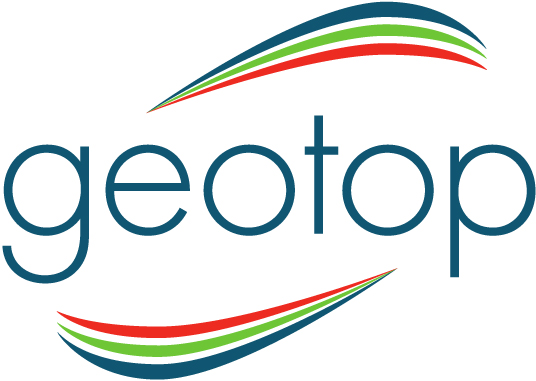Dr Tao Wen - Bridging Interdisciplinary Data and Machine Learning to Illuminate Carbon Cycles in Land-Water Systems
Dr Tao Wen, Syracuse University
Mardi 22 avril 2025 à 12h30 - Tuesday, April 22, 2025 at 12:30 pm
Local PK-7605, 7e étage, 201 ave. du Président-Kennedy
Résumé / abstract:
Data science tools including machine learning and geospatial analysis are increasingly being used to understand the complex interactions between the fossil fuel industry, land-water systems, and global carbon cycles. In this presentation, I will explore the application of these methods to a range of challenges, including the assessment of the environmental impacts of the fossil fuel industry, the quantification of carbon fluxes in land-water systems, and the fitting of soil or rock weathering reaction fronts. I will present case studies that demonstrate the potential of these tools for improving our understanding of carbon cycling and informing climate policy. By leveraging large datasets and advanced algorithms, we can gain insights into the spatial and temporal patterns of carbon emissions, and identify strategies for mitigating their impacts on the environment. Ultimately, these tools can help us build more sustainable energy systems and manage our planet's natural resources more effectively.

Bridging Interdisciplinary Data and Machine Learning to Illuminate Carbon Cycles in Land-Water Systems
Ajouter au calendrier
2025-04-22 12:30:00
2025-04-15 20:02:17
Dr Tao Wen - Bridging Interdisciplinary Data and Machine Learning to Illuminate Carbon Cycles in Land-Water Systems
Data science tools including machine learning and geospatial analysis are increasingly being used to understand the complex interactions between the fossil fuel industry, land-water systems, and global carbon cycles. In this presentation, I will explore the application of these methods to a range of challenges, including the assessment of the environmental impacts of the fossil fuel industry, the quantification of carbon fluxes in land-water systems, and the fitting of soil or rock weathering reaction fronts. I will present case studies that demonstrate the potential of these tools for improving our understanding of carbon cycling and informing climate policy. By leveraging large datasets and advanced algorithms, we can gain insights into the spatial and temporal patterns of carbon emissions, and identify strategies for mitigating their impacts on the environment. Ultimately, these tools can help us build more sustainable energy systems and manage our planet's natural resources more effectively.
Local PK-7605, 7e étage, 201 ave. du Président-Kennedy
Geotop
admin@example.com
America/New_York
public



